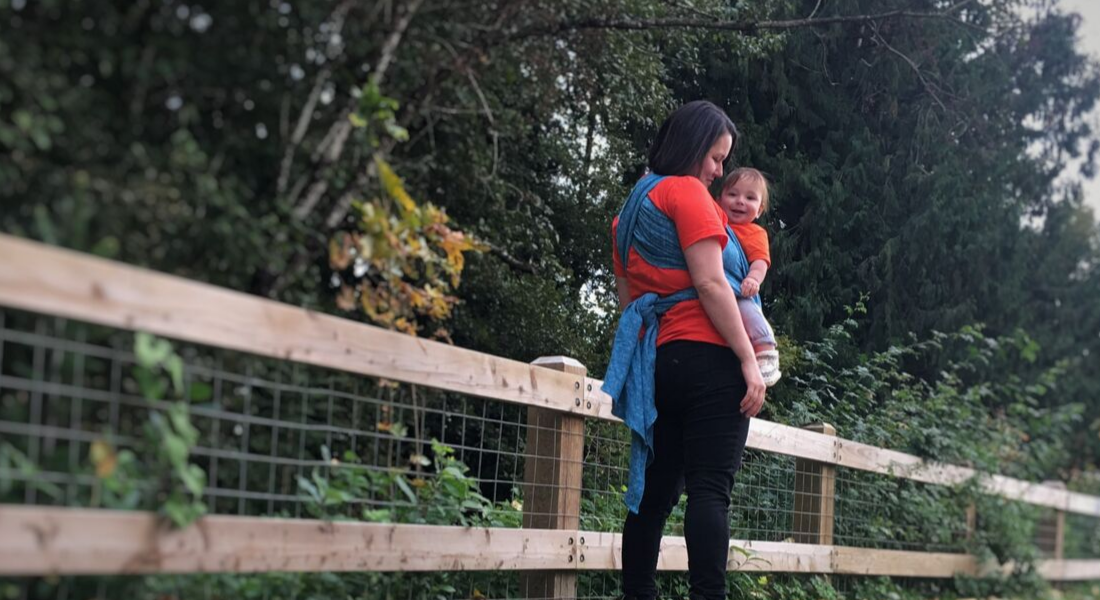*As of 2021, Orange Shirt Day on September 30th is now commemorated as the "National Day for Truth and Reconciliation" in Canada
By Ellie Saumier

The present day effects are complex and far reaching. Languages and culture are being revived after being nearly lost forever. Not growing up with parents means multiple generations need to re-learn what it means to function together as a family unit and live with intergenerational trauma. The health inequities for Indigenous People’s are vast, from higher rates of chronic conditions, worse pregnancy outcomes, and shorter life expectancies. The culmination of all this are worse on all levels of social determinants. Indeed, harmful stereotypes that are perpetuated can be tied to colonization and with education and awareness Canadians can challenge their implicit biases.
While Indigenous peoples account for 5% of the population, greater than 50% of children in foster care and the welfare system are Indigenous. Our children are still being taken from us at disproportionate rates, and there is not enough being done to reverse this trend.


The community of babywearing families has been like an extended support system for me. I’ve always felt that many involved in this community were more likely to be open minded and inclusive. Allie, the mama behind LZO, has been in my corner supporting my babywearing journey every step of the way.

We can’t fix an invisible problem; Orange Shirt Day sheds light on the history and present day injustices that Indigenous peoples face, and I hope it inspires you to continually learn more, and do better today than you did yesterday.
Wear an orange shirt with pride, keep learning, and hold your baby close.
Short bio on me:
Ellie Saumier (she / her / hers) is a wife and mother of two. She is from the Wei Wai Kum band of the Kwakwaka’wakw First Nation, and was born and raised in Campbell River, BC. Ellie had her first daughter at the young age of 17, but after many years of going to school and meeting her now husband Louis along the way, she is now a Resident Physician in Family Medicine through the University of British Columbia. Her daughter is now 12, and her baby boy is 9 months old. Indigenous health and wellness are passions of hers, and she aspires to use her privilege to be an advocate for change and equity. This is the second term that Ellie is a rep for LZO, and she loves to encourage other families to incorporate babywearing into their parenting repertoire.
Resources:
Official website for Orange Shirt Day, and the background story
Indigenous Designer of the Orange Shirts: Mulidzas-Curtis Wilson
Truth and Reconciliation Commission Reports and Calls to Action
National Inquiry: Missing and Murdered Indigenous Women and Girls Report
Linkage between residential schools and overrepresentation of children in care
News article, remains of children in unmarked graves
For any health care providers, San’yas Indigenous Cultural Safety Training
“Ignored to Death”: Brian Sinclair – how ongoing racism impacts healthcare
Combat racism and become a good ally / ancestor, preorder your book
And get immediate access to their incredible PDF workbook with this form
Why it's important to examine our own privilege



Leave a comment